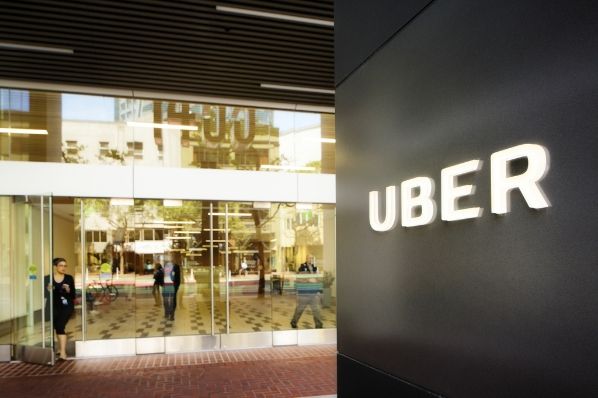One-fourth of all Americans have boycotted a company in the past three months because of political objections to a brand’s perceived stance, a new survey found.
The first-ever such study conducted by Ipsos showed that brands face major risks in an increasingly polarized political climate. One-fourth of the population is equivalent to about 80 million Americans, a major share of the market.
“That’s a lot of people that are saying politics are driving their purchasing behavior,” Ipsos’ vice president told Ad Age.
An earlier Ipsos study found that Baby Boomers were the most likely to drop a brand because of its politics, with nearly two-thirds reporting they’d participated in a boycott at least once. Perhaps surprising, millennials were least likely to boycott.
Overall, boycotts seem to have gotten a push during election season. The group #GrabYourWallets, launched by digital strategist Shannon Coulter, keeps an ongoing list of dozens of companies that support Donald Trump or carry the Trump family’s products.
Public pressure led Jet.com, Gilt and Nordstrom to stop carrying Ivanka Trump’s products—but that, too, prompted backlash in the form of a boycott.
Ipsos’ new study found that one in three Republicans had boycotted Nordstrom’s in the past three months over its perceived politics.
Uber also got caught up in the political fray earlier this year.
Protesting Trump’s travel ban, taxi drivers went on strike, refusing to pick up fares at airports. Uber responded by continuing airport service and slashing prices. In response, a social-media campaign urged people to delete their Uber app. In the aftermath, roughly one-third of Democrats and one-tenth of Republicans boycotted Uber, Ipsos found.
Companies and executives are divided about how to manage the risk, Ad Age reported. Some are deliberately establishing their company’s social values, while others are simply trying to better understand where their customer base stands politically before making any decisions.
Ipsos’ most recent study comes just weeks after an American Association of Advertising Agencies poll showed that two-thirds of ad agencies feel pressured to take a position on political and social issues. That same survey found that 58 percent of consumers actually disliked politicized ads, concluding “there’s typically more risk than benefit” for brands.
Dolce and Gabbana is among the companies taking a cheekier approach to consumers’ politicized spending.
Stefano Gabbana mocked critics angry that Melania Trump was spotted in his designs. After one social-media called for a boycott, Gabbana wrote, “Haters!!!!! Remember #boycottdolcegabbana please” under a photo of Melania. Gabbana has also pushed back against political correctness. And the brand even released tongue-in-cheek #Boycott Dolce and Gabbana T-shirts this week.
— Jillian Kay Melchior writes for Heat Street and is a fellow for the Steamboat Institute and the Independent Women’s Forum.


